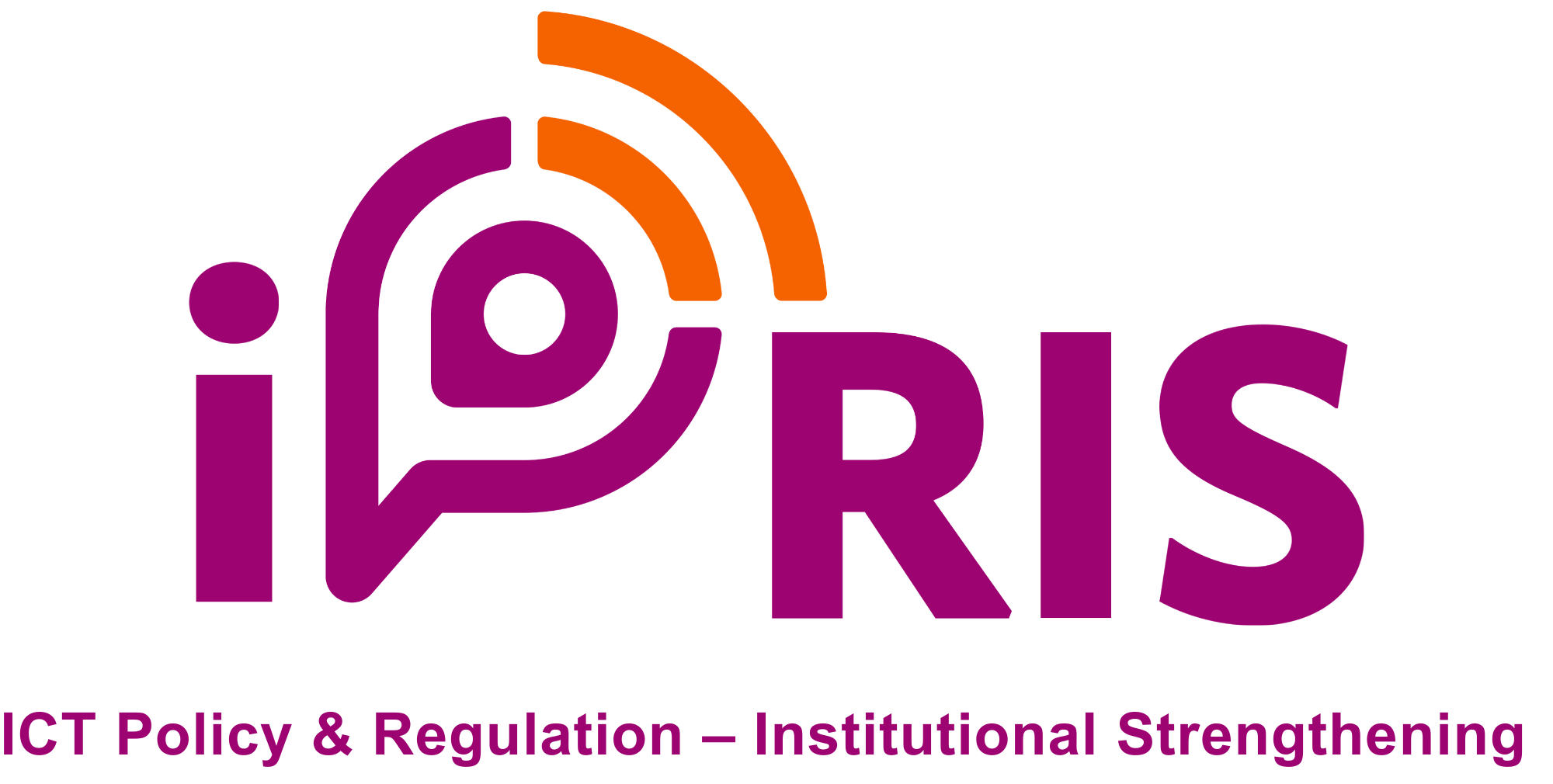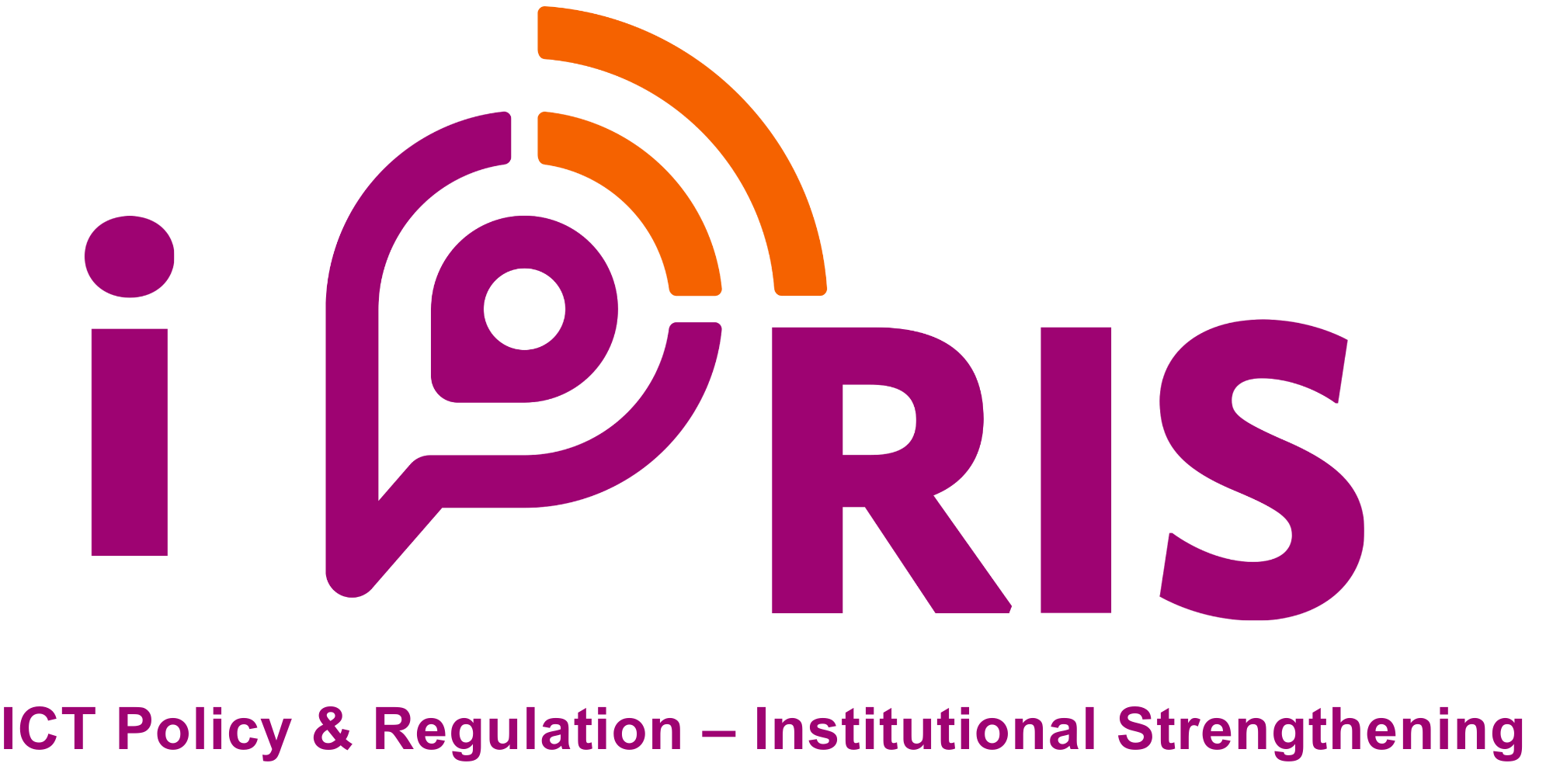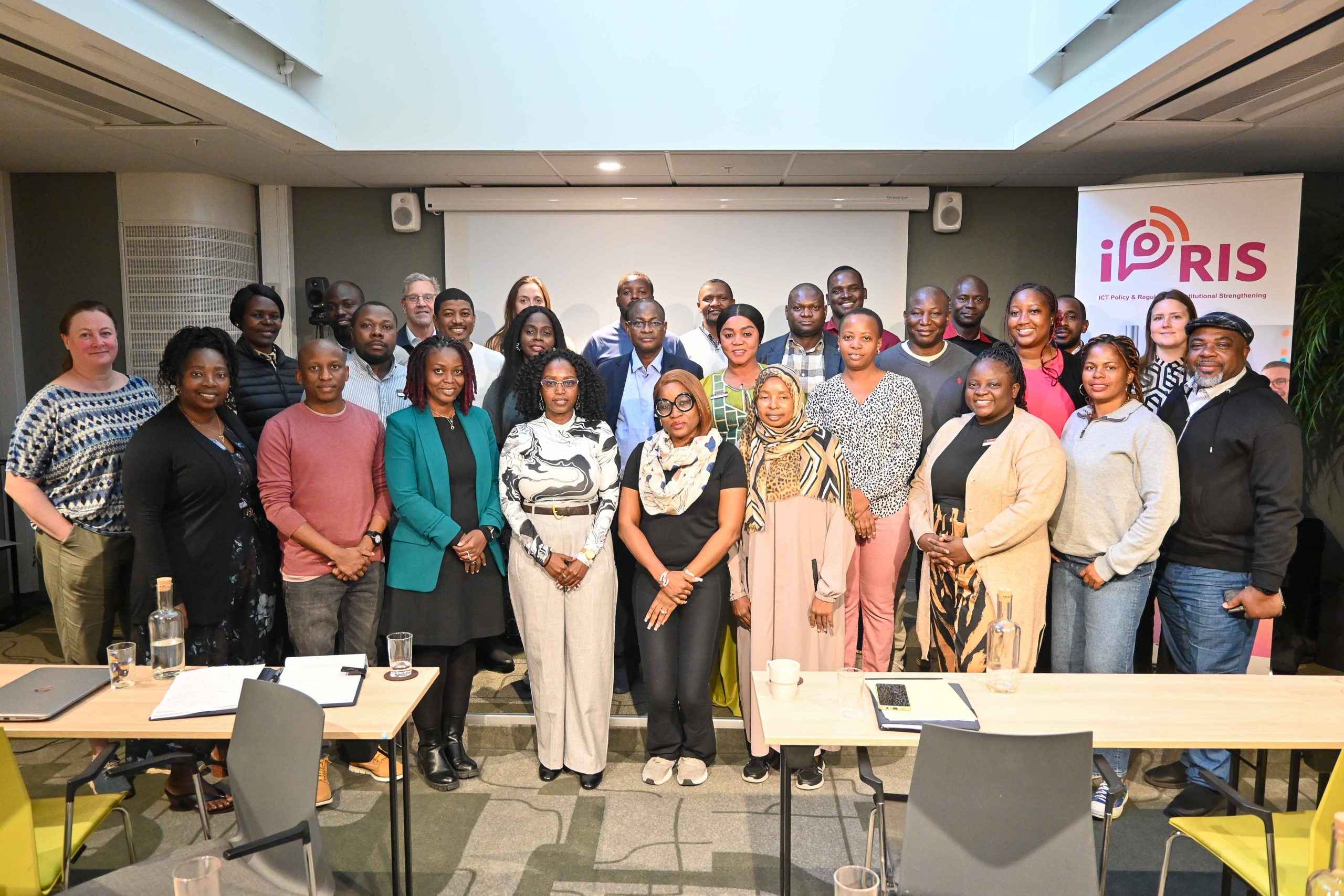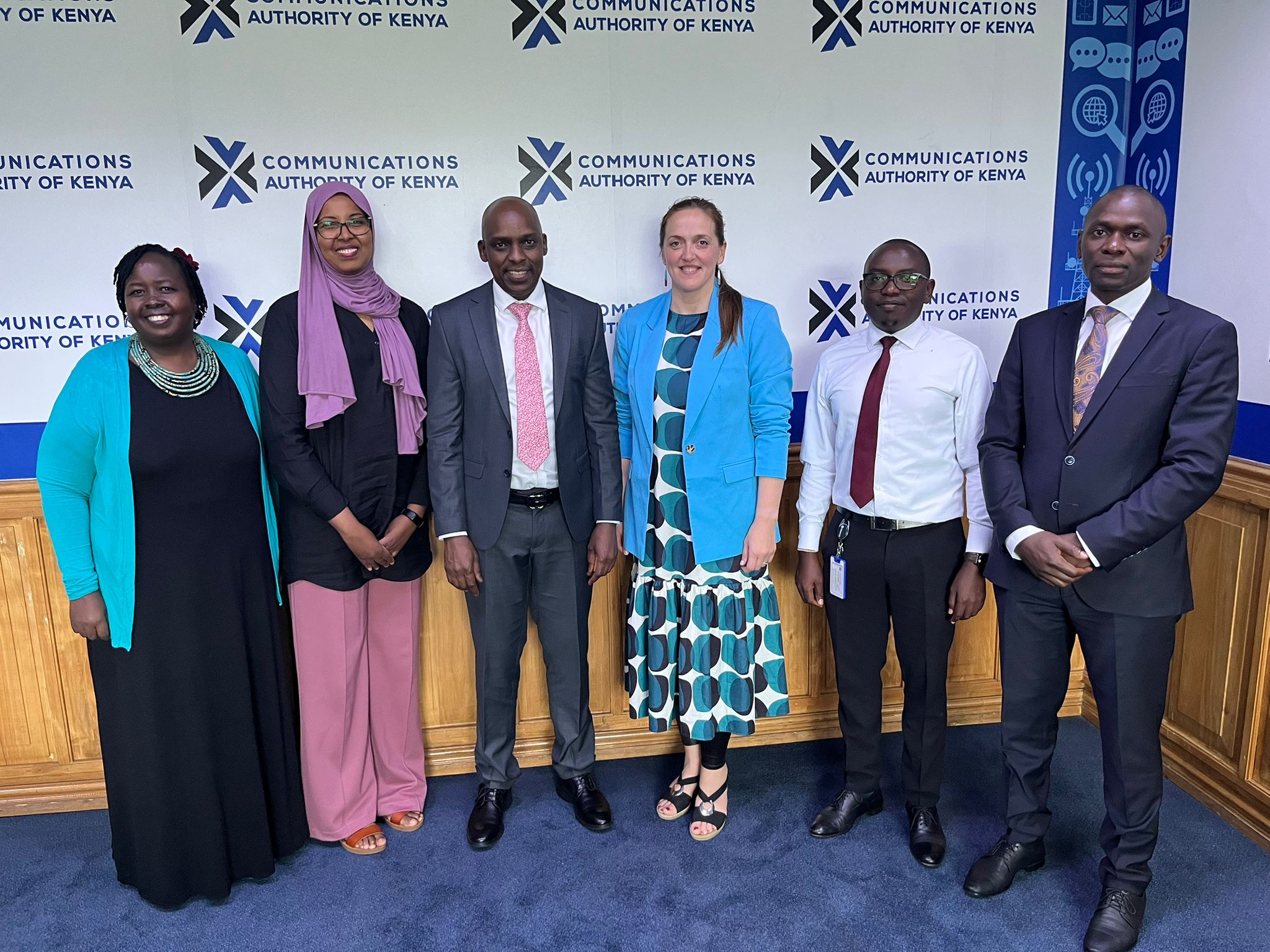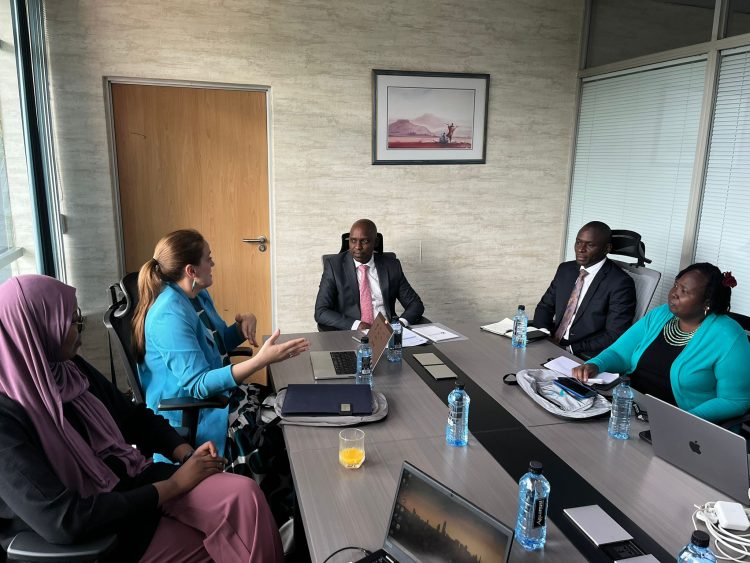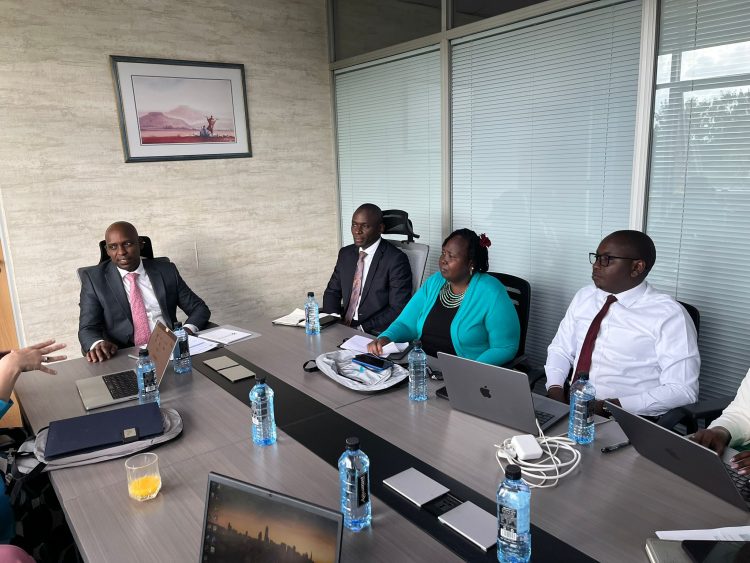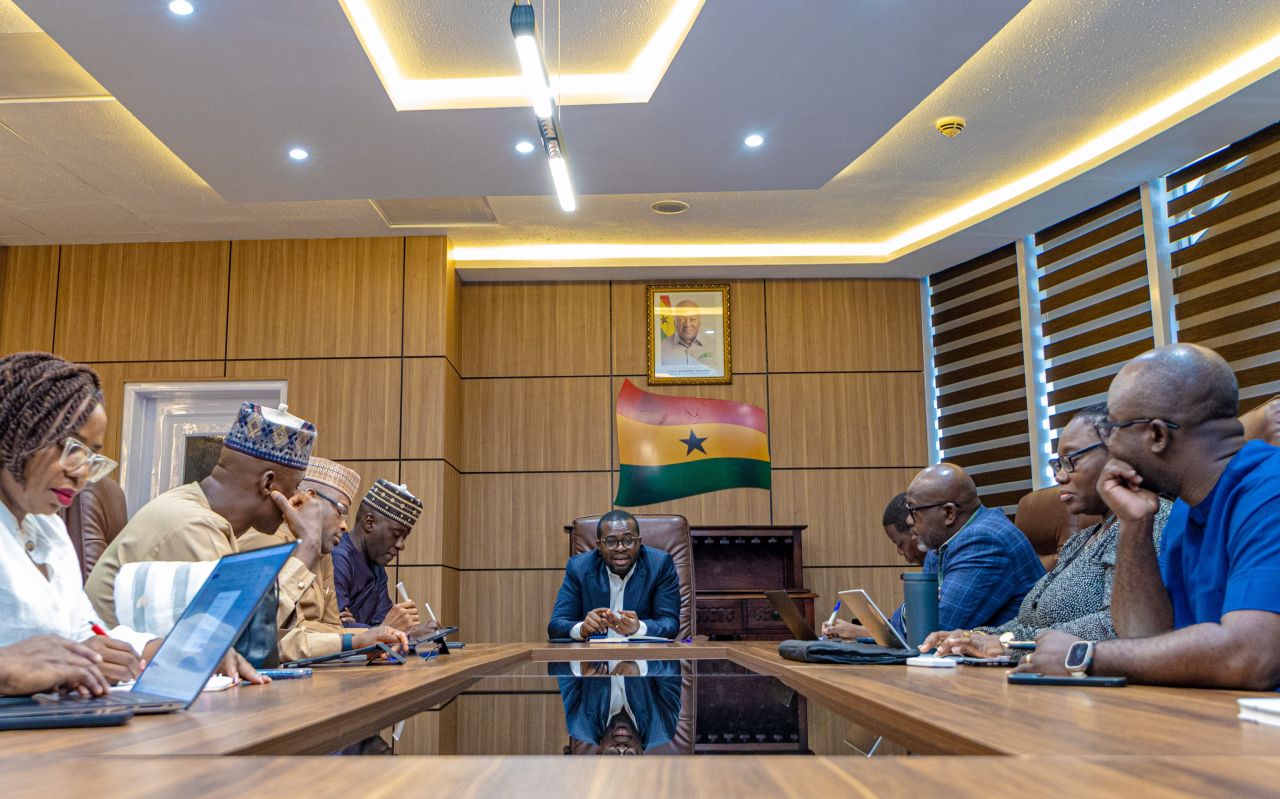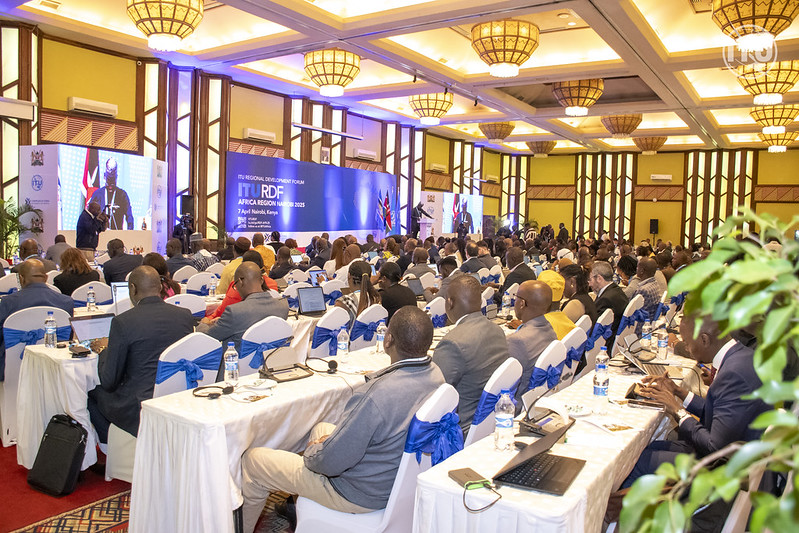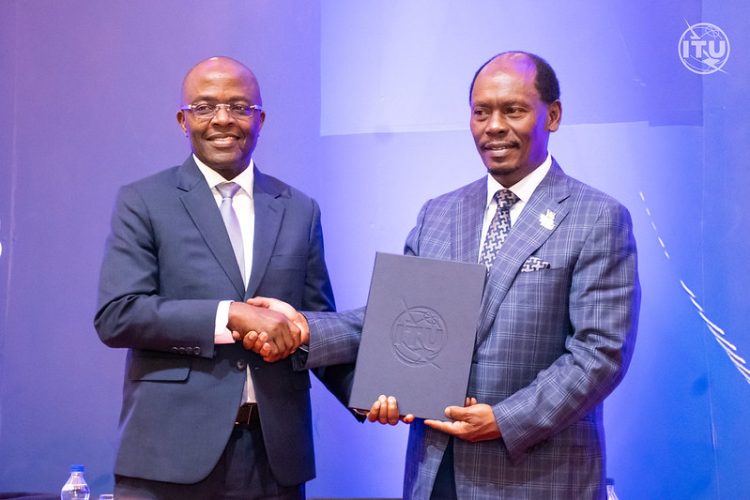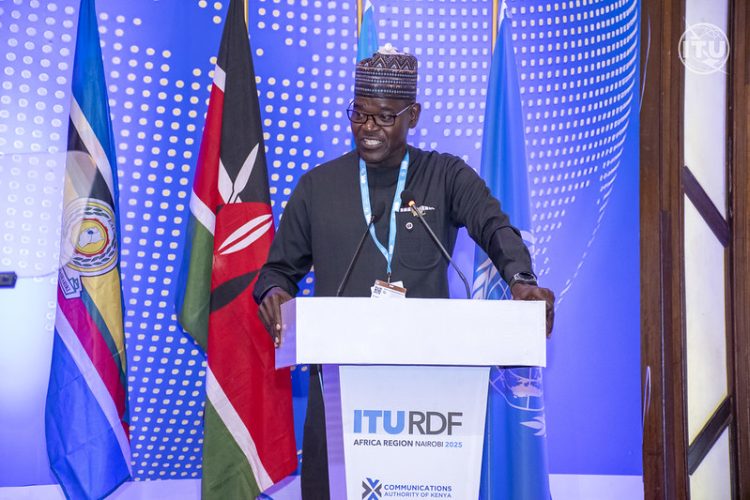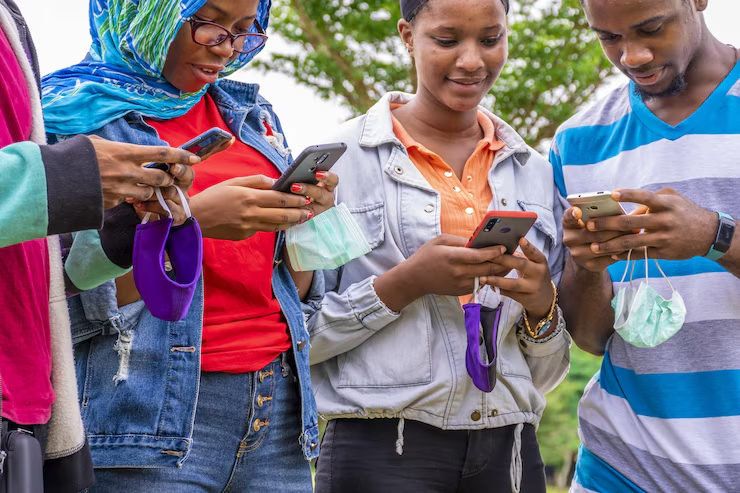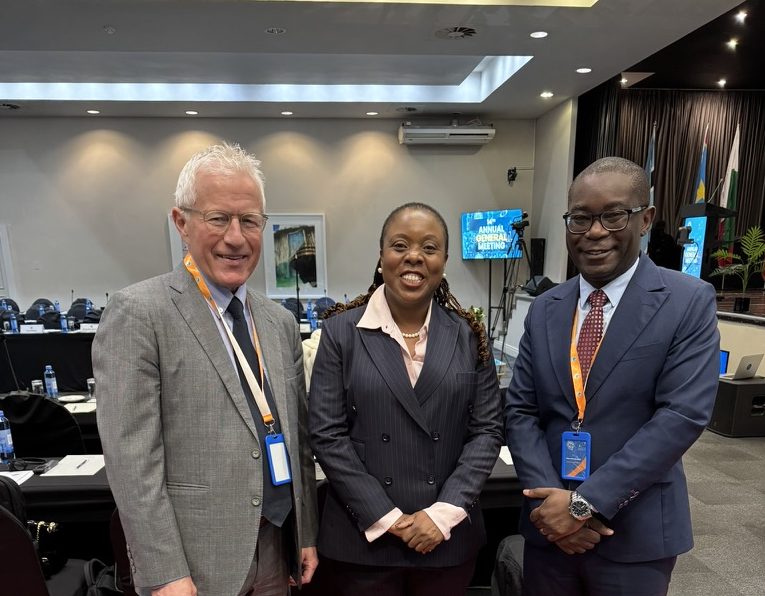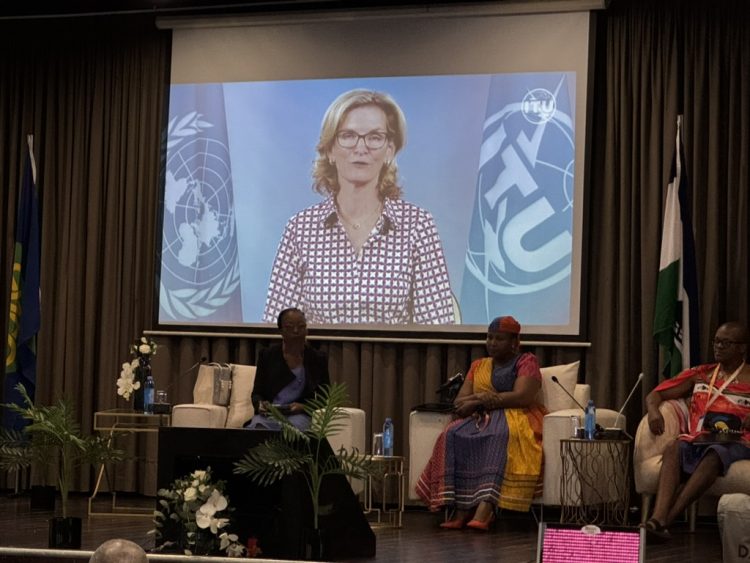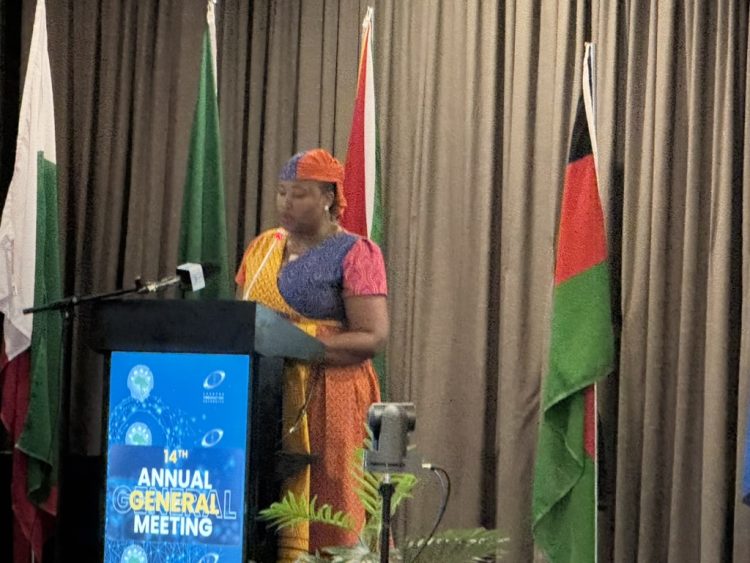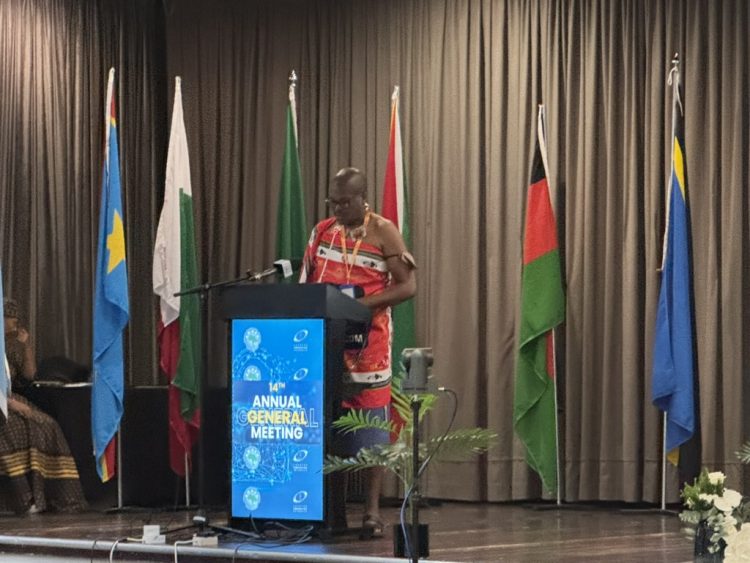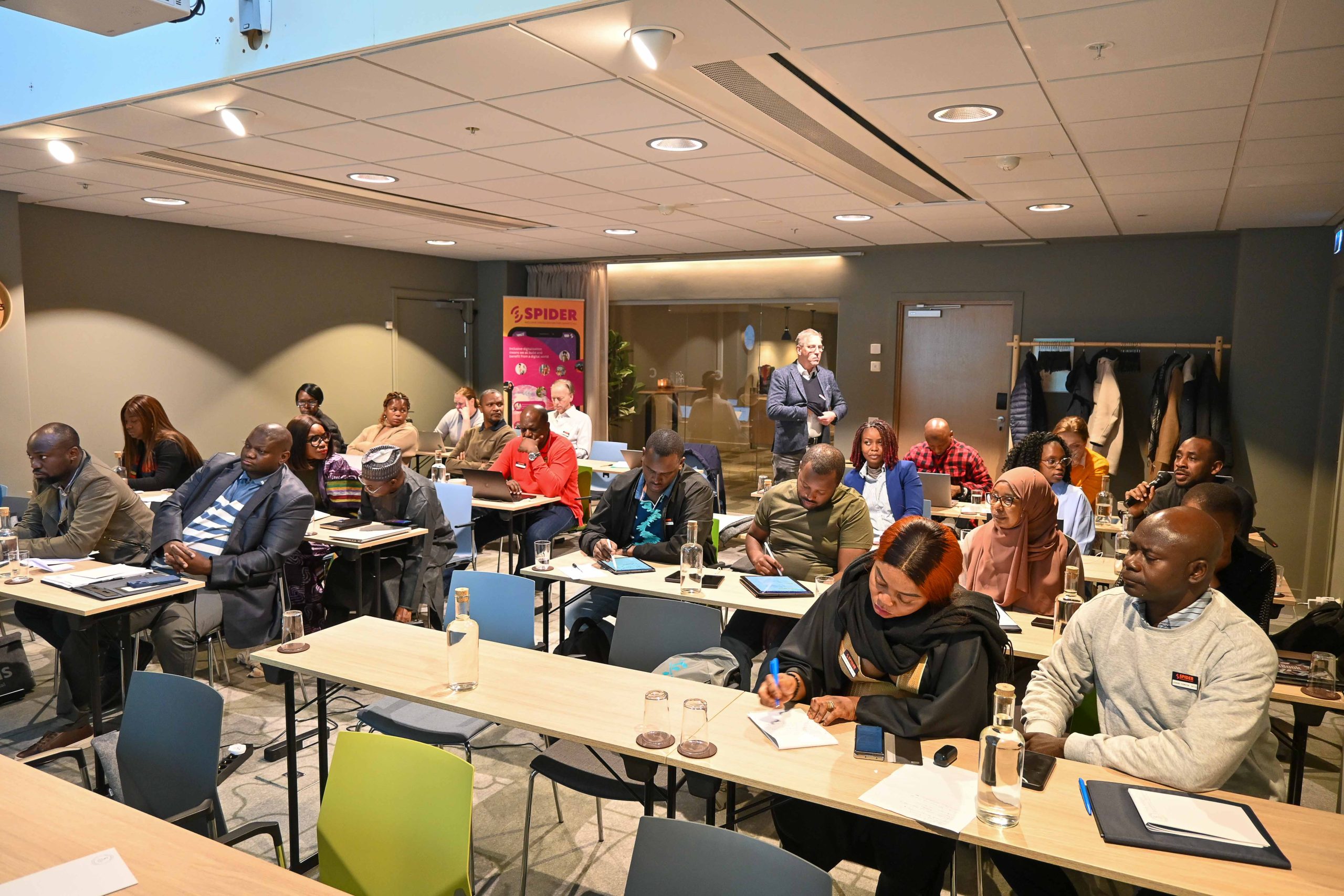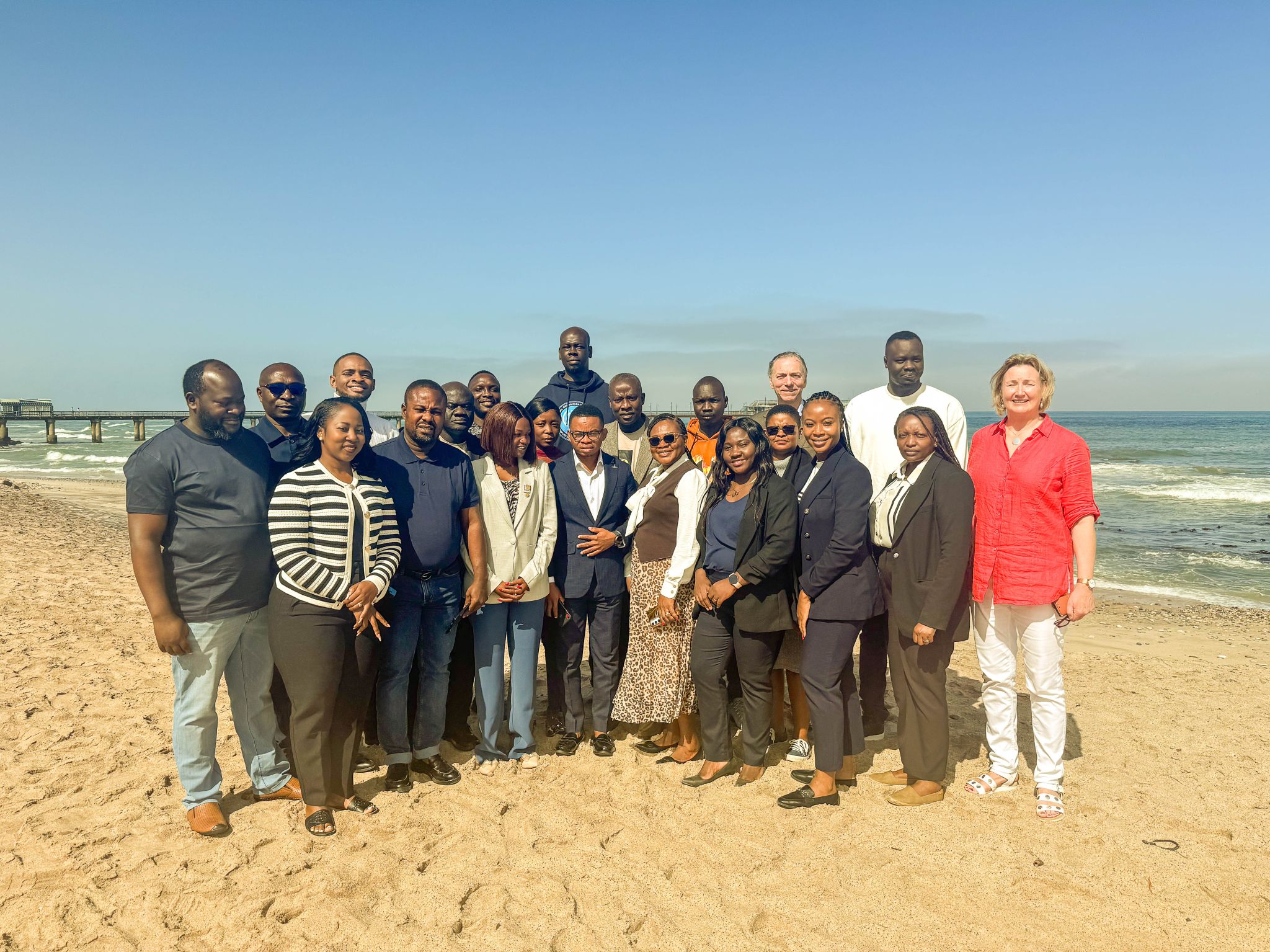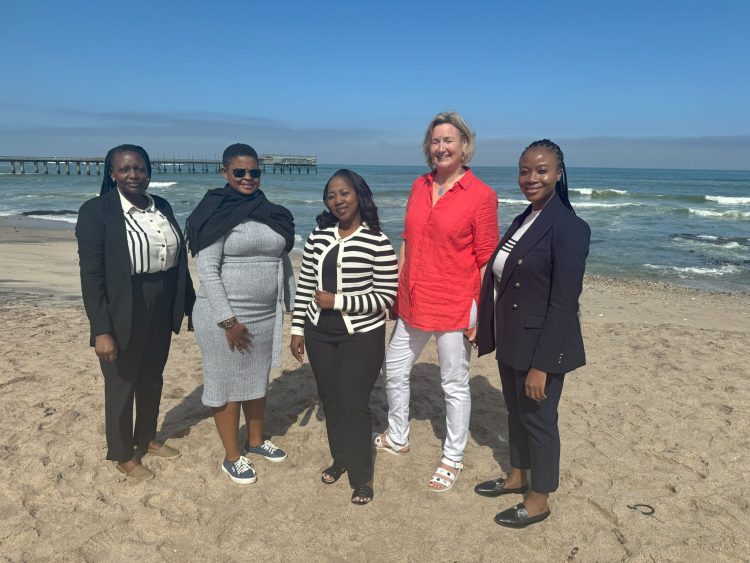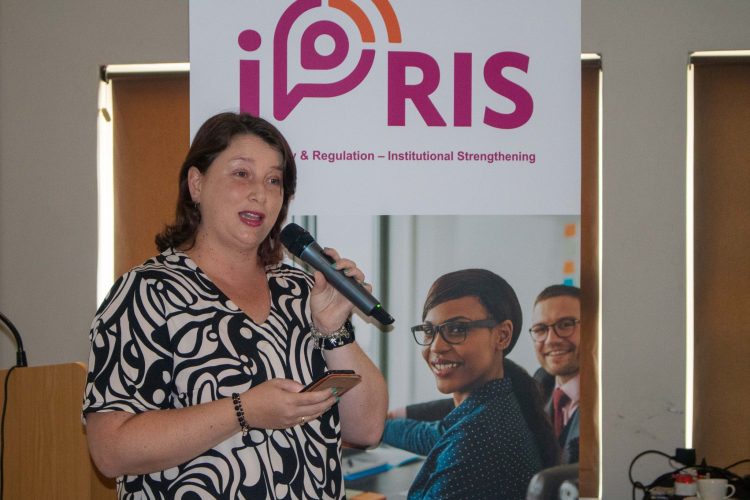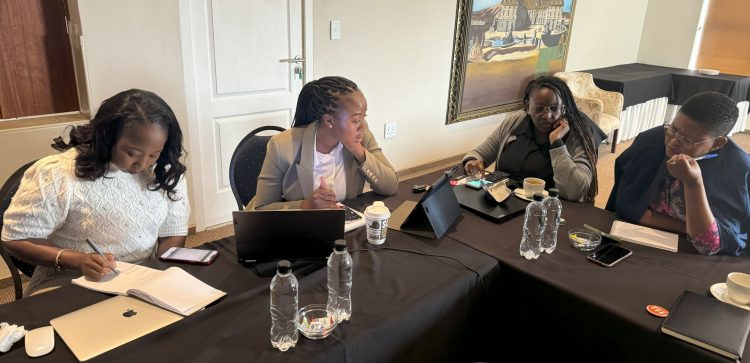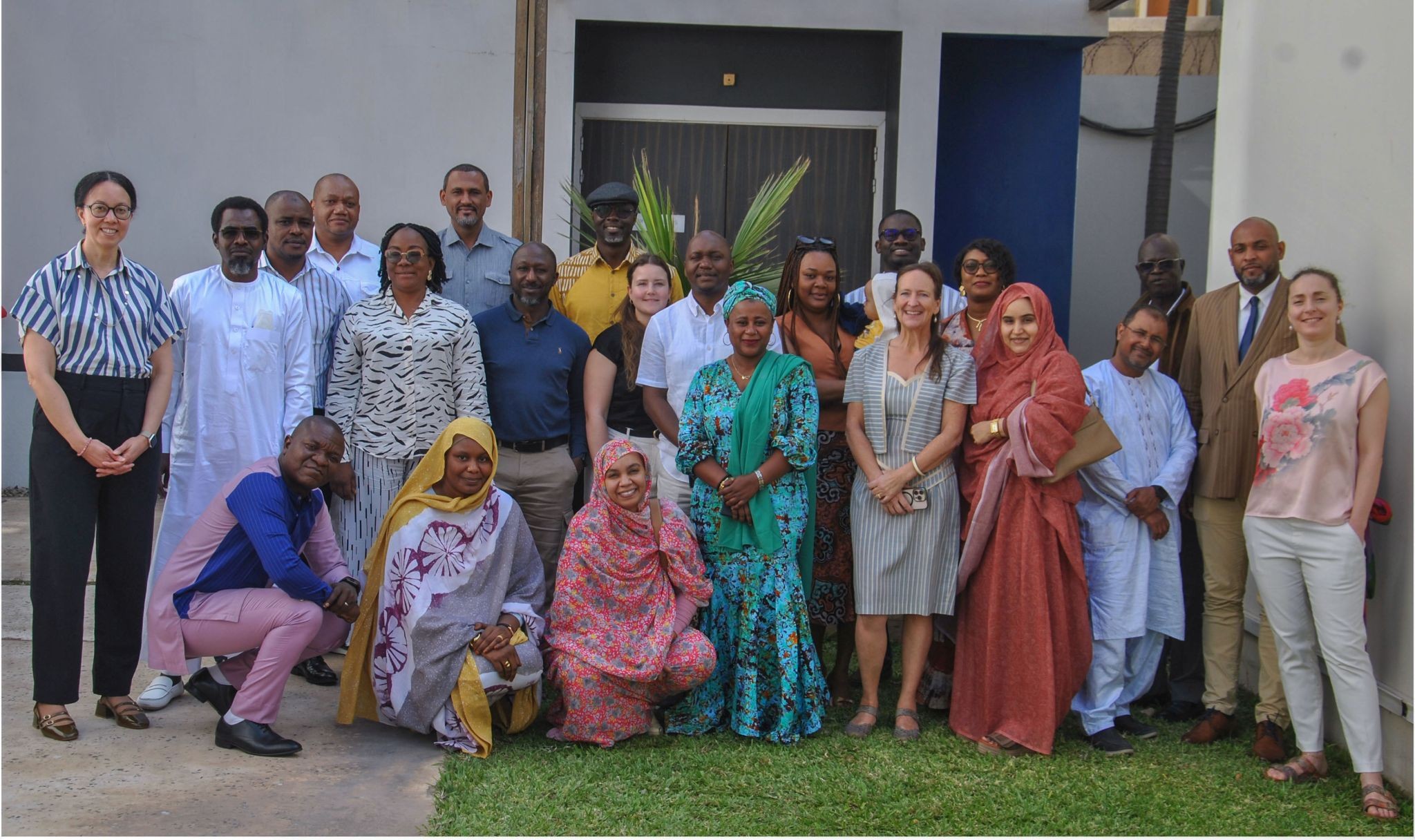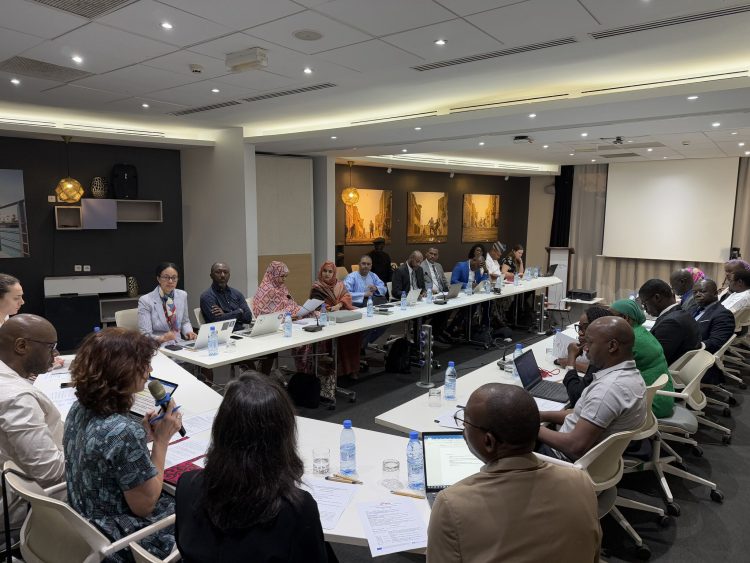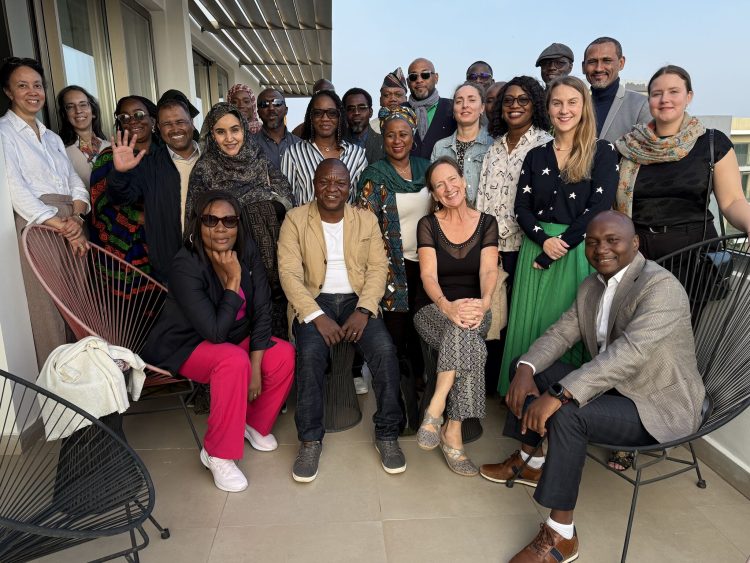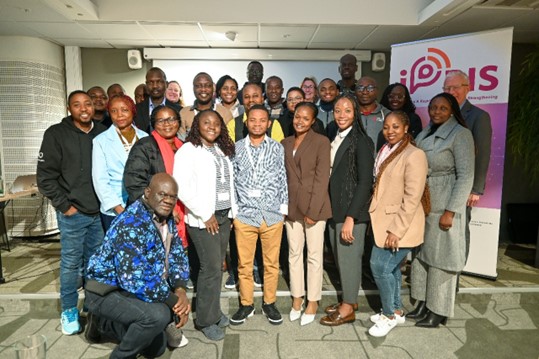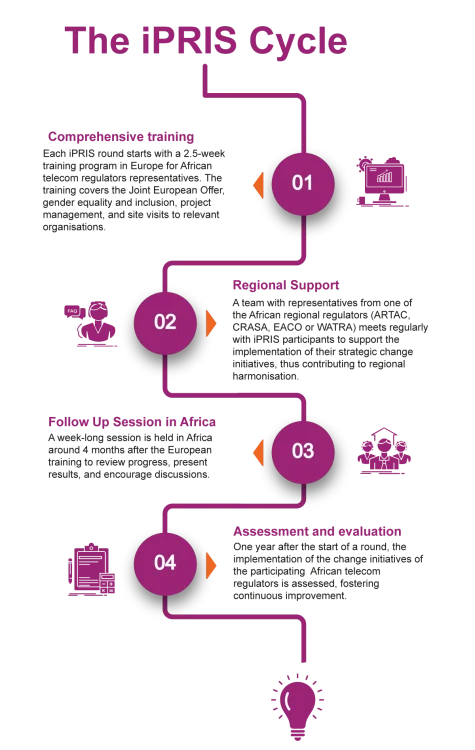2025B concludes Europe Phase with commitments to digital transformation
The Europe Phase of the fifth iPRIS cohort (2025B) officially concluded in Stockholm on 21 May 2025, marking a critical milestone in the iPRIS peer-learning journey. Over a two-and-a-half-week period, regulatory ICT experts from six African National Regulatory Authorities (NRAs)—Eswatini (ESCCOM), Sierra Leone (NatCA), Nigeria (NCC), Tanzania (TCRA), Uganda (UCC), and Zambia (ZICTA)—collaborated alongside representatives from Regional Regulatory Organisations - RROs (WATRA | L'ARTAO, EACO, and CRASA) and their European counterparts.
The cohort underwent rigorous peer learning aimed at reinforcing regulatory frameworks, supporting inclusive digital governance, and correlating national ICT strategies with international standards while preserving in-country relevance.
Week 1 highlights: Transforming policy through insight and peer learning
The opening week of the programme laid the ground by way of strategic dialogue and institutional exchange. NRAs presented their Change Initiative. The Change Initiatives are conceived as vehicles for system-level change to bridge the digital divide in Sub-Saharan Africa.
The discussions during the first week also underscored Sweden’s regulatory shift to broadband and mobile termination, aligning with the EU’s broader legislative frameworks. The rise of digital services like WhatsApp continues to disrupt traditional telecom markets, as discussed by Fred Capper from the Swedish Post and Telecom Authority (PTS).
Katarina Schyberg (PTS) moderated day 2 sessions with an introduction to the iPRIS Learning Management System by Petra Rindby from SPIDER. The cohort then explored the Swedish regulatory context in depth through:
- A presentation on the Development of the Swedish Regulatory Market by Fredrik Kapper (PTS)
- A two-part session on the Joint European Offer: Institutional and Legal Frameworks, delivered by Per Andersson and Fredrik Kapper (PTS)
- A project management session led by Malena Liedholm Ndounou (SPIDER)
Our 3rd day kicked off with Andreas Wigren from PTS unpacking Sweden’s broadband strategy—highlighting how a market-driven approach, supported by strategic public investment, has shaped nationwide connectivity. Jens Ingman followed with insights into Sweden’s broadband mapping project, which has collected geospatial data annually since 2007 to support evidence-based policy.
In the final session, spectrum management took centre stage. Amela Hatibovic Sehic, Gustav Lenninger, and Fredrik Johansson of PTS shared Sweden’s approach to frequency planning, auctions, and international coordination—emphasising societal value over revenue.
On Day 4, AnnaLena Sandberg and Lisa Ljungqvist led sessions on end-user protection and digital inclusion through the lens of the Swedish Electronic Communications Act. This was followed by detailed discussions on numbering and addressing by Claes Hultholm and Jesper Simons.
Day 5 began with a focus on secure communications and cybersecurity, led by Per-Erik Vitasp, Gustav Söderlind, and Joakim Aspengren. They outlined Sweden’s regulatory requirements around availability, integrity, confidentiality, and privacy in telecoms.
In session two, Peter Thörnqvist guided a discussion on future-facing regulatory challenges. The day closed with Part 1 of a Project Management session by Malena Liedholm Ndounou from SPIDER, before the group headed out to explore Stockholm on the iconic Ocean Bus.
Week 2 highlights: Building collective capacity for inclusive connectivity
In the second week, regional and cross-continental cooperation further intensified through ideation circles, peer-to-peer presentations, and immersive site visits, including engagements with Ericsson and STOKAB, thereby providing the participants with hands-on insights into telecom infrastructure and data-driven policy design.
Day 1 started with thought-provoking discussions moderated by Katarina Schyberg from PTS. Astrid Olofsson and Björn Backgård led the first session on competition regulation in the telecommunication market, highlighting the importance of economic regulation to prevent monopolies and promote innovation. The session also provided insight into the four-step methodology for regulated markets and the three-criteria test that assesses barriers to entry, market trends and competition law sufficiency.
The second part of the day was held at SPIDER HQ in Stockholm University, and the first session, "Beyond Universal Access", was led by Caroline Wamala Larsson and Malena Liedholm-Ndounou from SPIDER, which challenged them to reimagine access as more than just connectivity. The role of diversity, equity and inclusion in achieving inclusive connectivity was also highlighted.
The other "Beyond Universal Access" sessions discussed challenges in Sub-Saharan Africa's mobile access, highlighting a 61% usage gap and emphasising the need for gender-responsive policies and digital literacy programs to address these gaps.
Day 2 sessions were peer-learning circles where African and European counterparts hold discussions together. The perspectives from the experts and team-based ideation drove dynamic participation, proving that when leaders learn together, systems change simultaneously. WATRA | L'ARTAO, CRASA, and EACO, also gave an update, reinforcing the critical role of regional structure in shaping Africa's digital culture.
Day 3 began with a full day of Industry learning experience at Ericsson, exposing participants to advanced telecom technology and real-world infrastructure, detailing insights into emerging digital infrastructure forms.
Day 4 was focused on MEAL (Monitoring, Evaluation, Accountability, and Learning), with Katja Sarajeva from SPIDER underscoring the importance of evaluation frameworks in digital policy interventions. Thereafter, the final modules of Project Management took place, and Kerstin Borglin and Malena Liedholm Ndounou guided participants in drawing up implementation plans. The day ended with a networking cruise around the Stockholm archipelago, allowing participants to reset after the intensive sessions and interact with peers in the sector.
The rest of the day today was dedicated to part two of "Beyond Universal Access" with Caroline Wamala Larsson and Malena Liedholm Ndounou from SPIDER and covered inclusive access strategies beyond just connectivity, with a focus on gender-responsive policy and digital literacy initiatives. The day ended with a study visit to Stokab, where the participants acquired hands-on exposure to Stockholm’s public fiber infrastructure.
Week 3 highlights: From vision to action
The closing week of this convening centered around strategic project planning and readiness for implementation. Key highlights from Day 1 and 2 included:
- The project plan development presentations, supported by the African Regional Telecom Regulators (WATRA | L'ARTAO, EACO, CRASA) and the European peers.
- An industry session led by Anders Brandter from Forsway Scandinavia delved into broadband deployment and other related discussions.
- The strategic planning (Project Management and Project Plan Development) workshops facilitated by Kerstin Borglin & Malena Liedholm Ndounou from SPIDER, focusing on resilience, impact and local ownership.
The cohort ended with each team discussing their Change Initiative project plans in an extensive and highly insightful 'Way Forward' session, setting the stage for measurable transformation leading into the Africa regional phase later this year. The outputs from this phase now feed into the next phase of the iPRIS cycle: the Africa Regional Phase (6-9 October in Botswana), where the peer learning continues in contextualised form and Change Initiatives edge closer to operational implementation.
Watch the video highlights from Sweden below
Here are some photo highlights from Sweden
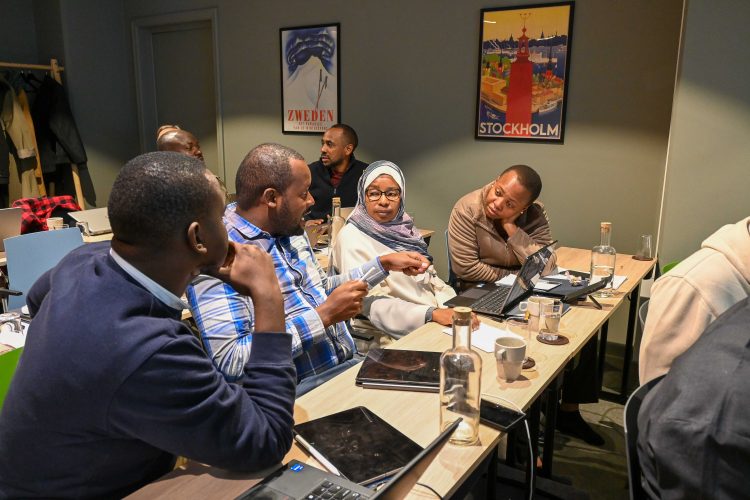
Peer-to-peer discussions during the round among African and European counterparts
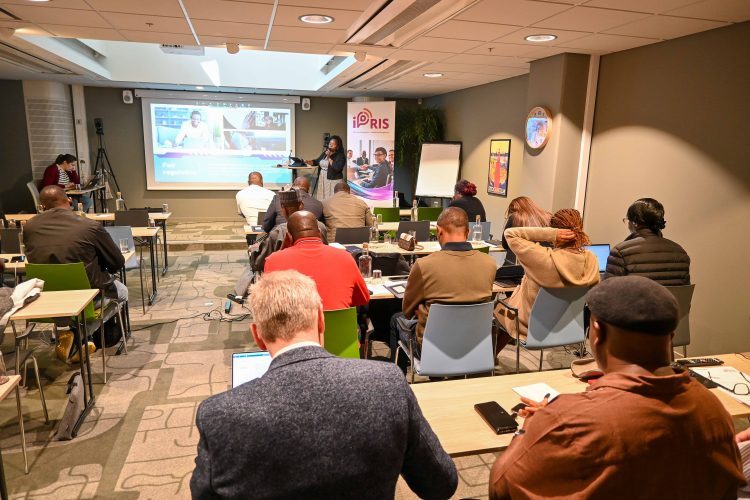
iPRIS participants follow discussions from peer experts during the round
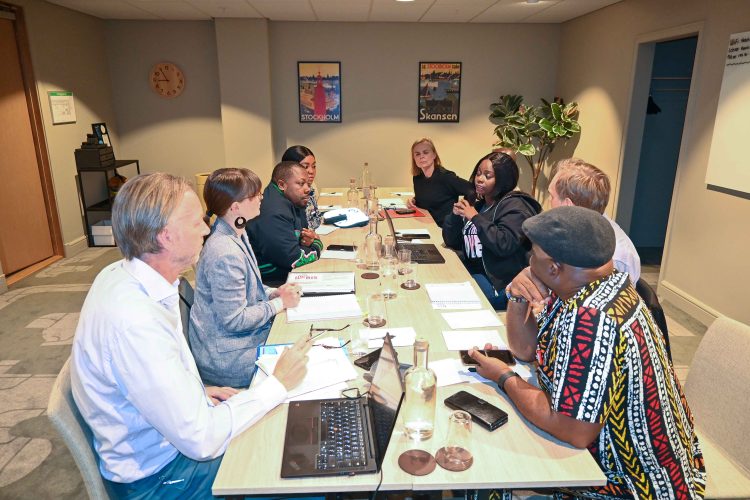
Peer-to-peer discussions during the round among African and European counterparts
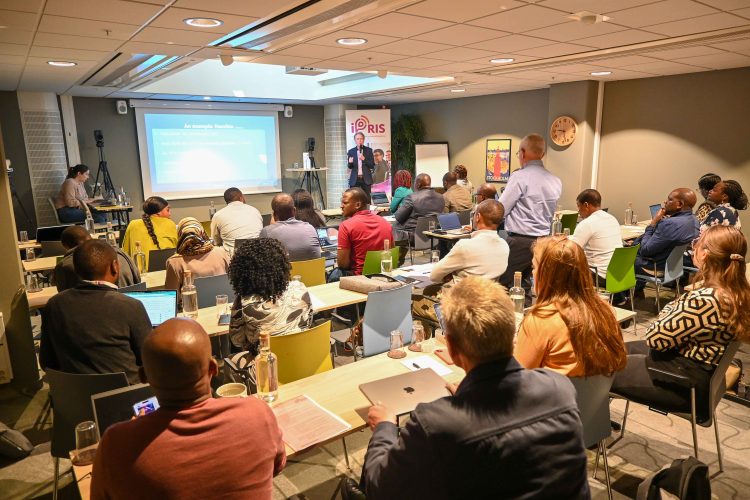
iPRIS participants follow discussions from peer experts during the round
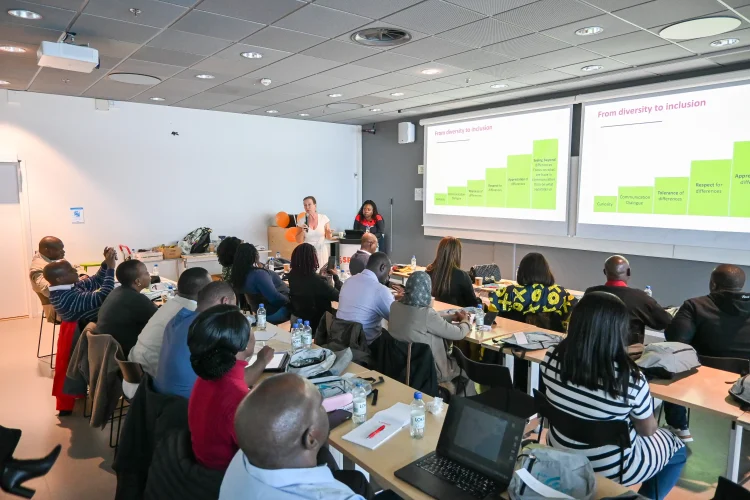
"Beyond Universal Access" presentation with Caroline Wamala Larsson and Malena Liedholm Ndounou from SPIDER
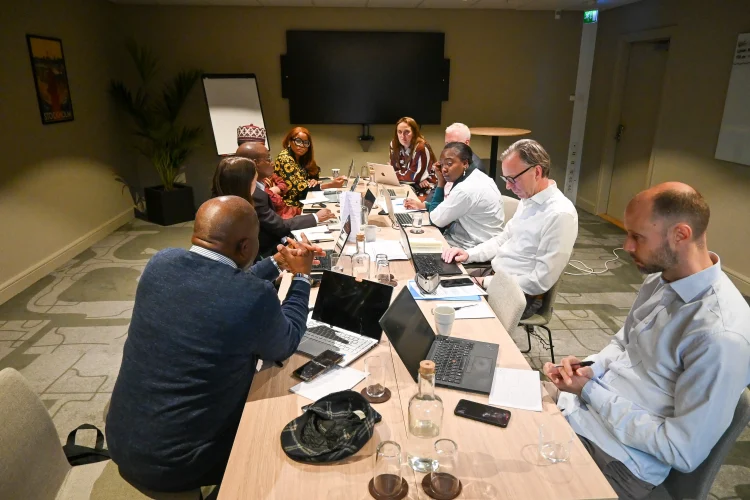
Peer-to-peer discussions during the round among African and European counterparts
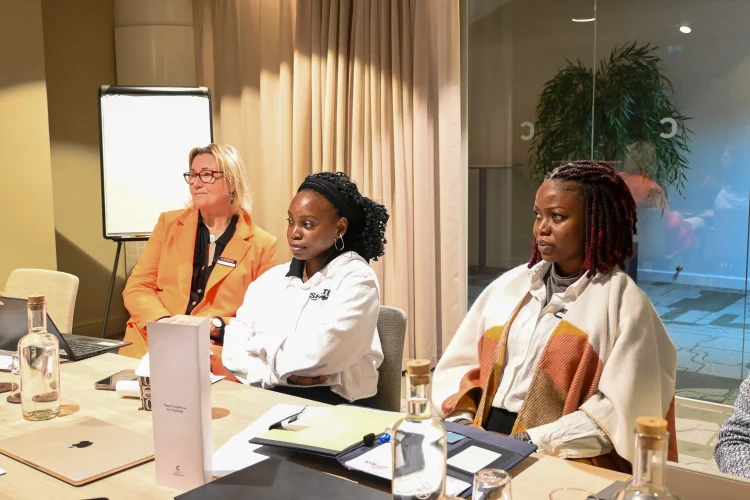
Peer-to-peer discussions during the round among African and European counterparts
iPRIS is coordinated and implemented by SPIDER in strategic and technical partnership with the Swedish Post and Telecom Authority (PTS) and the Luxembourg Regulatory Institute (ILR).
iPRIS is funded by the European Union, Sweden, and Luxembourg as part of the Team Europe Initiative “D4D for Digital Economy and Society in Sub-Saharan Africa” (Code: 001).
